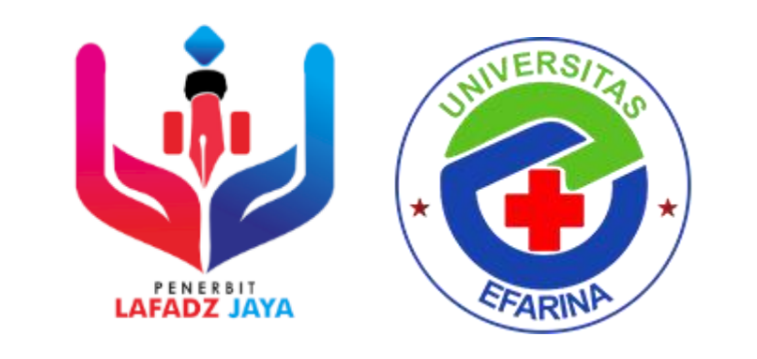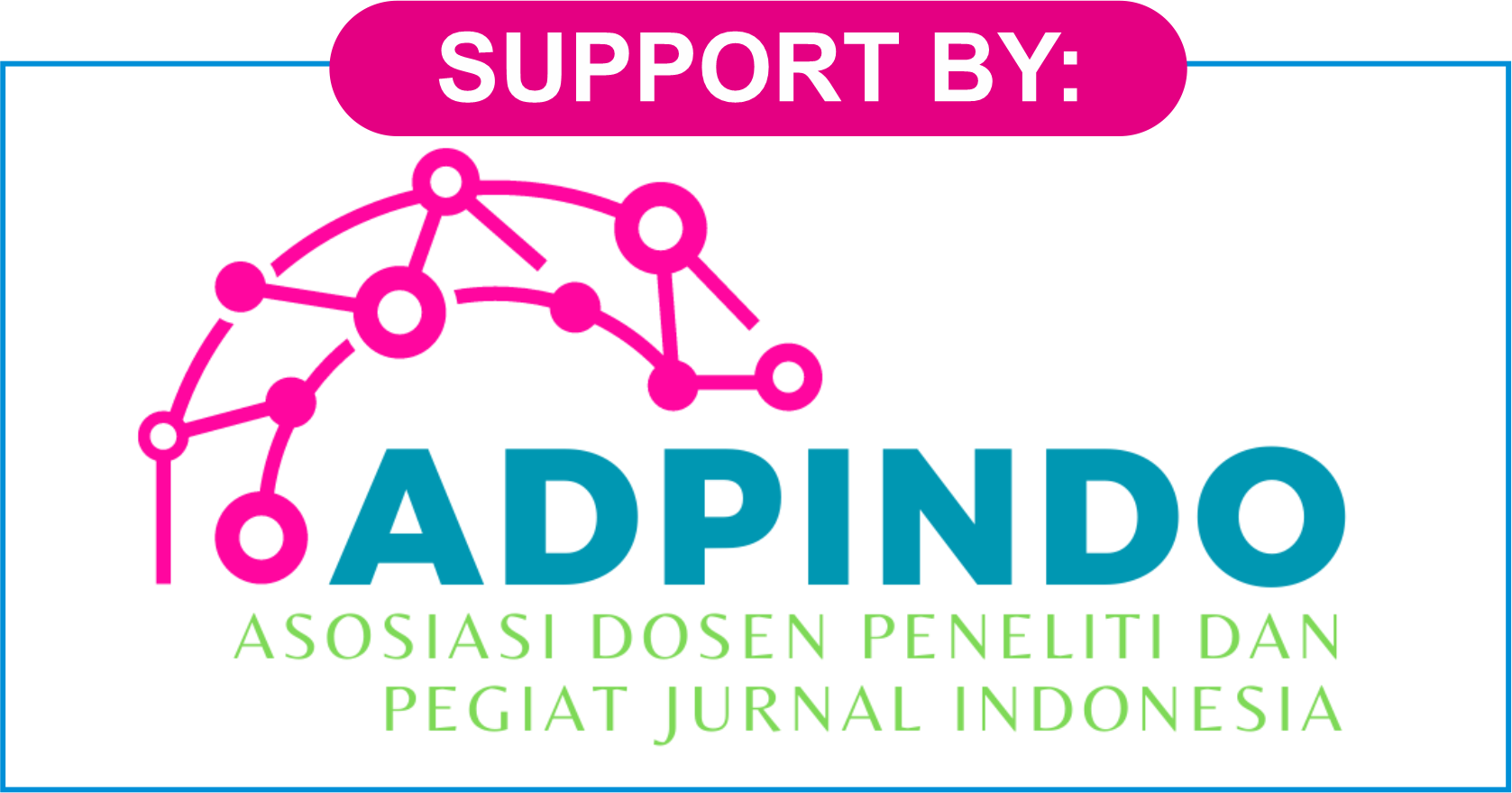KETERKAITAN ANTARA KEMAMPUAN MEMAAFKAN DAN KEBAHAGIAAN REMAJA DENGAN ORANG TUA BERCERAI
DOI:
https://doi.org/10.47353/sikontan.v2i3.2763Keywords:
Forgiveness, happiness, adolescents, parents divorceAbstract
This study aims to determine the relationship between forgiveness and happiness in adolescents who have divorced parents. This study uses a quantitative approach using survey data collection methods. The subjects of this study were teenagers with an age range of 15-23 years, both male and female who had divorced parents with a total of 114 subjects. The measuring instrument used in this study to measure forgiveness is TRIM-18 (Transgression-Related Interpersonal Motivations Inventory) developed by McCullough et al. (2006) which has been adapted by (Umar M. F., 2016). Meanwhile, the measuring tool used for happiness is The Oxford Happiness Questionnaire (OHQ) developed by Hills & Argyle (2002) which has been modified and adapted by (Sartika, 2018). The results of the study were analyzed using Product Moment from Pearson correlation. The results of data analysis show that there is a significant positive relationship between forgiveness and happiness in adolescents who have divorced parents, with a correlation coefficient of r = 0.362 with p = 0.000. This indicates that the higher the forgiveness, the higher the level of happiness in adolescents who have divorced parents. Conversely, the lower the forgiveness, the lower the level of happiness in adolescents whose parents are divorced.
Downloads
References
Afifah, F. N. (2018). Hubungan antara pemaafan dengan kebahagiaan pada remaja yang tinggal di panti asuhan. Skripsi.
Argyle, M., & Crossland, J. (1987). Dimensions of positive emotions. The British Journal of Social Psychology.
Asnawati, S. (2017). Hubungan Antara Pemaafan Dengan Happiness Pada Korban KDRT. Jurnal Dakwah Dan Komunikasi Islam.
Azra, F. N. (2017). Forgiveness dan subjective well-being dewasa awal atas perceraian orang tua pada masa remaja. Psikoborneo, 294-302.
Badan Pusat Statistik. (2021). Statistik Indonesia 2021. Badan Pusat Statistik.
Bakar, A. (2018). Mengenal Konsep Kebahagiaan dalam Psikologi. Jurnal Madania.
Brown, R. P. (2003). Measuring Individual Differences in the Tendency to Forgive: Construct Validity and Links with Depression. Society for Personality and Social Psychology, 759-771.
CNN Indonesia. (2020, Desember). Catatan Kemenag: Rata-rata 300 Ribu Perceraian Tiap Tahun. Retrieved from CNN Indonesia: https://www.cnnindonesia.com/nasional/20201218113251-20-583771/catatan-kemenag-rata-rata-300-ribu-perceraian-tiap-tahun
Firdausi, L. (2017). Pengaruh Pemaafan Terhadap Empati pada Siswa MA Darul Karomah Singosari [Skripsi]. Universitas Malik Ibrahim Malang.
Fuente-Anuncibay, R. d., Barbadillo, Á. G., Sánchez, D. O., Camblor, N. O., & Pizarro-Ruiz, J. P. (2021). Anger Rumination and Mindfulness: Mediating Effects on Forgiveness. International Journal of Enviromental Research and Public Health.
Gul. (2019). Relationship between mindfulness and forgiveness. Indian Journal of
Hurlock, E. (1997). Psikologi perkembangan suatu pendekatan sepanjang rentang kehidupan. Jakarta: Penerbit Erlangga.
Husna, R. (2021). Hubungan forgiveness dengan kebahagiaan pada pasangan suami istri yang telah bercerai di kecamatan bandar baru. Skripsi.
Jiang, F., Yue, X, Lu, S, & Yu, G. (2014). Can you forgive? it depends on how happy you are. Scandinavian Journal of Psychology, 1-7.
Karremans, J., P.A.M. Van Lange, J.W. Ouwerkerk, & E.S. Kluwer. (2003). When forgiving enhances psychological well-being: The role of interpersonal commitment. Journal of Personality and Social Psychology, 1011-1026.
Lewis, S. N. (2017). Mindfulness and Religiosity ad Predictors of Forgiveness [Thesis]. Sam Houston State Univerity.
Maharani, D. (2015). Tingkat Kebahagiaan Pada Mahasiswa Fakultas Ilmu Pendidikan Universitas Negeri Yogyakarta [Skripsi].
Maltby, J., Day, L., & Barber, L. (2005). Forgiveness And Happiness. The Differing Contexts Of Forgiveness Using The Distinction Between Hedonic And Eudaimonic Happiness. Journal of Happiness Studies, 1-13.
Maslow, A. H. (1943). A theory of human motivation. Psychological Review, 370–396.
Mccullough, M. E. (2000). Forgiveness as human strength: Theory, measurement, and links to well-being. Journal of Social and Clinical Psychology, 43-55.
McCullough, M., Rachal, K, & Worthington, E. (1997). Interpersonal Forgiving in Close Relationships. Journal of Personality and Social Psychology, 321-336.
Permana, Y. (2018). Hubungan Antara Pemaafan Dengan Kebahagiaan Pada Remaja Yang Orang Tuanya Bercerai: Kepribadian Tangguh Sebagai Moderator. Tesis.
Pratiwi, I. W., & B, C. K. (2019). Dinamika forgiveness pada anak korban perceraian. Jurnal Psikologi Pendidikan Dan Perkembangan SDM, 13-31.
Puspitorini, Y. W. (2012). Tingkah Laku Prososial dan Kebahagiaan [Skripsi]. Fakultas Psikologi Universitas Katolik Soegijapranata.
Ramadhani, S. R., & Nurwati, N. (2021). Dampak pandemi COVID-19 terhadap angka perceraian. Jurnal Pengabdian dan Penelitian Kepada Masyarakat (JPPM), 88.
Sadiq, M., & Mehnaz, S. (2017). A comparative analysis of forgiveness among adolescents, adults and older people. The International Journal of Indian Psychology, 5 (1).
Sartika, S. (2018). Efektivitas Pelatihan “Happiness Program” Dalam Meningkatkan Happiness Pada Mahasiswa. SCHEMA (Journal of Psychological Research), 11-22.
Seligman. (2005). Authentic happiness. Bandung: PT Mizan Pustaka.
Seligman, M. (2004). Authentic happiness: Using the new positive psychology to realize your potential for lasting fulfillment. Reclaiming Children and Youth, 59-60.
Shekhar, C., Jamwal, A., & Sharma, S. (2016). Happiness and Forgiveness among College Students. Indian Journal of Psychological Science, 88-93.
Snyder, C. R., & Heinze, L. S. (2003). Forgiveness as a mediator of the relationship between PTSD and hostility in survivors of childhood abuse. Cognition & Emotion, 413–431.
Sutrisno, H. (2002). Metodologi Riset. Yogyakarta: Andi Ofset.
Taufik. (2012). Positive Psychology : Psikologi Cara Meraih Kebahagiaan. Prosiding Seminar Nasional Psikologi Islami.
Thompson, L. Y., Snyder, C., Hoffman, L., Michael, S., Rasmussen, H., Billings, L., . . . Roberts, D. (2005). Dispositional forgiveness of self, others, and situations.
Umar, M. F. (2016). Hubungan antara Empati dan Forgiveness pada Remaja Pasca Perceraian Orang Tua di Makassar [Skripsi]. Universitas Negeri Makassar.
Umar, M. F., Daud, M., & Faradillah. (2020). Hubungan Antara Empati Dengan Pemaafan Pada Remaja Yang Memiliki Orang Tua Bercerai. Jurnal Ecopsy, 79-83.
Downloads
Published
How to Cite
Issue
Section
License
Copyright (c) 2024 Nurul Hartini

This work is licensed under a Creative Commons Attribution 4.0 International License.











